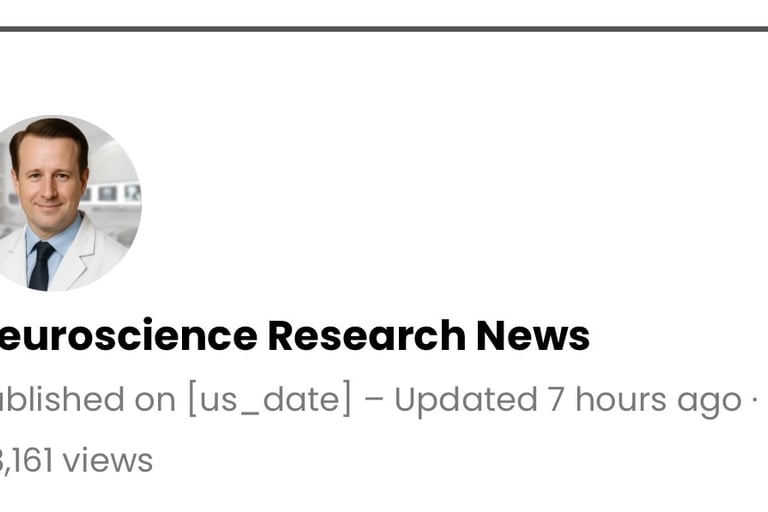

WHAT'S TRENDING: Einstein’s Memory Tip is Surging in Popularity for 2025—Find Out Why!



What did Albert Einstein’s brain teach the world about memory loss and even dementia?
Plenty! After Albert Einstein died, a Princeton researcher studied his brain and discovered it was very different than the average brain.
Not in size or weight, but in its vast number of neural cells and connections. In other words, Albert Einstein had a dense brain.
How can that help you? You’ll be surprised.
Einstein lived to a ripe old age — dying of a stomach aneurysm brought on by too much pipe smoking — but even in his advanced years his thinking skills remained highly effective.
That’s because his neural cells and connections were so vast and dense that the type of brain decline we associate with dementia could never get a foothold and cause damage. And thus Einstein retained his considerable mental capacity to the very end.
According to Dr. Mark Harrison— a leading authority on brain health and the author of The Unbreakable Brain… “Memory loss is really just a loss of brain cells and its connections.”
“But the good news,” says Dr. Mark, “Is you can build more neural cells and connections at any age.” And you don’t have to be a genius to do it.
In a special video presentation, Dr. Mark has outlined 8 specific things you can do to potentially help build up your brain in order to stay sharp.
In his presentation, Dr. Mark also includes a case study of your dad, who suffered from “severe cognitive decline” and started doing several of the things he already highlighted in order to see some decent changes, which of course may vary.
The 8 things Dr. Mark recommends are easy to do, and even fun. See them here >>



